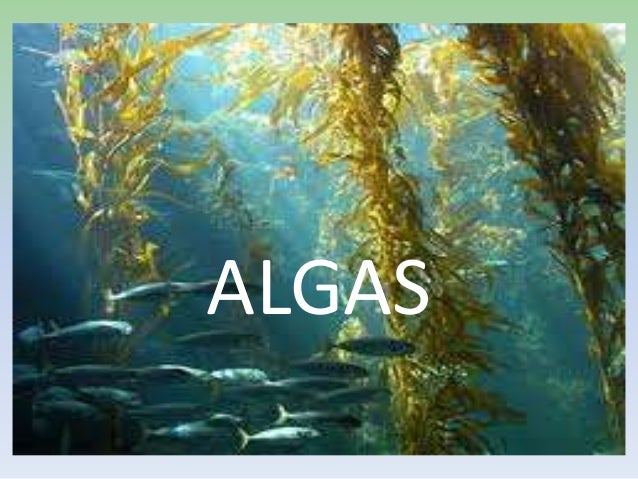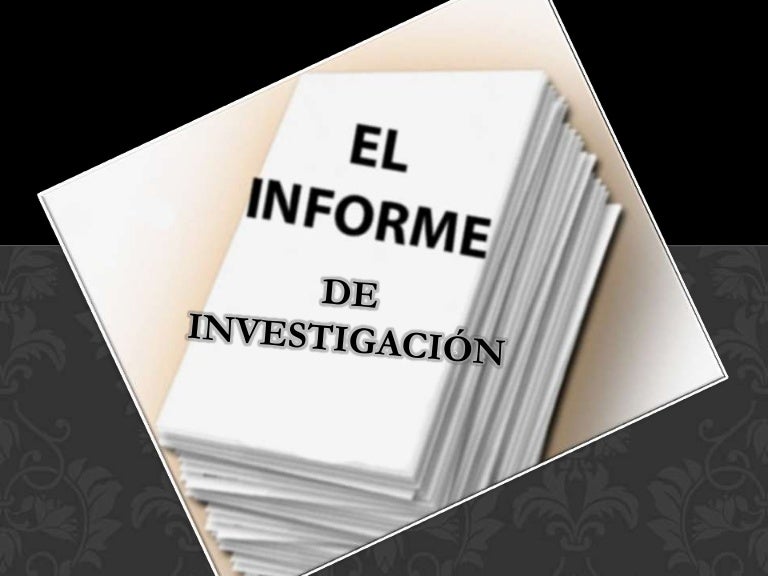The Blended Learning Environments course was both a review and a wave of new ideas. Below is my final course presentation followed by my written reflection on a semester of learning.
Three years prior, immediately following my internship year at Byron High School, I took Jen Hegna's Online Learning course. The course was taught over the summer and 90% online. It was a predecessor to what would eventually morph into this Blended Learning Environments course. At the time, it served as deeper training in digital tools like Moodle and introduced me to a variety of ways to ask deeper questions and encourage collaboration in the digital environment. It also provoked deeper research and reflection on best practice teaching and curriculum design in general, not just online.
In this course, the same general themes continued, but I had changed in three years of teaching. Before, I was just launching a project-based Stats courses, and now I am on the 6 iterations past. Before, our only credit recovery option was having students retake a class, and now students work in a multi-course environment. Before, the ideas of mastery-based learning sounded appealing, and now every course I teach uses reassessment and a growth mindset around learning at the core. While taking this course, the readings were not crazy new ideas, but instead re-training and a chance to pause and reflect. In some areas, I have many improvements remaining to meet the ideals captured in the course writings. In other areas, I found myself challenging the best practice literature based on my experience with Byron students.
One of the areas I currently struggle with is curriculum. There are many things curriculum designers think about to build a high quality product, and yet I have not found external curriculum to be effective in my classroom. Instead, I build it all from the ground up where I can understand its purpose, see how students interact with it, and revise in real time. The last part, constant revision, is a huge time-sink. Given only 24 hours in a day, my need to revise means cutting out other things. I cut out multiple pathways and modalities from many lessons in order to achieve a best lesson with feedback over time. In that process, I can make some old resources available as optional tools for students if I think they might help someone, thus introducing extra pathways over time, but I never start that way.
On the other end of the spectrum, I like to design to the 'edges', to come up with learning experiences that offer choice within in order to provide different students with different experiences. Projects that are open in topic but specific in process allow me to still instruct and assess on clear course goals while letting students have fun with the content or experiences they choose.
This class also helped me reflect on my thinking process in course design. The assignments were structured so that each week, after reading relevant support material, I would work on a small piece of the design of a course. This linear process was appropriate when paired with a course. However, I typically design in a more cyclical manner, setting objectives, moving to assessments, creating content, and then going back to the objectives and assessments and revising so it all makes a coherent story. To some, this process may seem flawed, since curriculum should serve objectives, not the other way around. At the highest level, this is true, but lower level objectives need to move around and adjust to make sure the student learning experience is taking precedence over arbitrary substandards, especially if those were initially written by the teacher. I reassess how important various objectives really are to the student and course and adjust as necessary. My greatest goal in a course is not mastery of each learning target, but appreciation for the topic as a whole that leads a student towards lifelong learning and growth.
By the end of this course, I found myself once again thinking about the big questions that drove me into teaching and how to address the problems that I am now starting to understand. There are significantly better models for doing school than our district uses as a whole or I use as an individual teacher with my students. Though exhausting, this course put this quest back at the front of my mind moving forward.
Flickr Photo by Lori Greig, 'this is far from over'.
Downloaded from http://goo.gl/va8JLp on July 20, 2014.

 Learn More
Learn More
